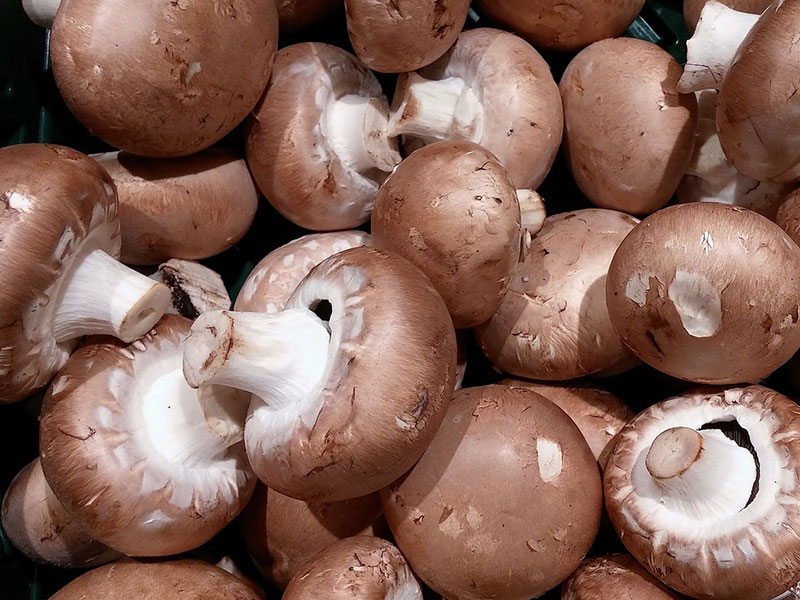Als Radikale bezeichnet die Chemie Moleküle, die besonders reaktionsfreudig sind. Bei bestimmten Anwendungen, etwa in Medikamenten, ist diese Eigenschaft jedoch unerwünscht. In Pharmazeutika werden reaktive Komponenten oft gezielt blockiert, um die Wirkung eines Arzneimittels zeitlich zu verlängern. Univ.-Prof. Dr. Wolfgang Kroutil vom Institut für Chemie der Karl-Franzens-Universität Graz hat mit seinem Team einen neuen Weg gefunden, Radikale zu „zähmen“, um sie für den Einsatz in Medikamenten zu funktionalisieren. Die Hauptrolle spielt dabei ein Enzym aus dem Champignon. Die innovative biokatalytische Methode wurde in der aktuellen Ausgabe von Nature Communications veröffentlicht.
Als Blocker reaktiver Moleküle in Medikamenten kommen sehr häufig Trifluormethyl (CF3)-Gruppen zum Einsatz. Sie führen dazu, dass Substanzen im Körper langsamer verstoffwechselt werden. „Wir haben eine neue Methode entdeckt, Pharmazeutika mit CF3 zu funktionalisieren, um ihnen eine längere Wirksamkeit zu verleihen“, fasst Wolfgang Kroutil zusammen. „Dazu generierten wir zwei verschiedene Radikale – CF3 und Phenol – und ließen sie miteinander reagieren. Daraus entstand eine ,gezähmte‘ Verbindung, eine ganz neue CF3-Gruppe, ohne die reaktiven Eigenschaften der ursprünglichen Radikale“, erklärt der Chemiker.
Eine Pionierleistung ist das Verfahren von Kroutil und seiner Arbeitsgruppe auch deshalb, weil die Grazer ForscherInnen erstmals eine biokatalytische Methode zur Einführung einer CF3-Gruppe anwenden: „Ein Enzym aus dem Champignon dient als Katalysator, um das Phenol-Radikal zu generieren“, berichtet Kroutil.
In der Biokatalyse kommen Enzyme aus der Natur als Katalysatoren zum Einsatz. Der Vorteil gegenüber der klassischen organischen und synthetischen Chemie ist, dass keine teuren Geräte oder Chemikalien benötigt werden und keine giftigen Abfallprodukte entstehen. So schont die Biokatalyse die Umwelt und hilft Kosten sparen. ChemikerInnen der Karl-Franzens-Universität Graz betreiben auf diesem Gebiet seit Jahren international beachtete Spitzenforschung.
Publikation
Biocatalytic trifluoromethylation of unprotected phenols
Robert C. Simon, Eduardo Busto, Nina Richter, Verena Resch, Kendall N. Houk & Wolfgang Kroutil
Nature Communications, DOI: 10.1038/ncomms13323
